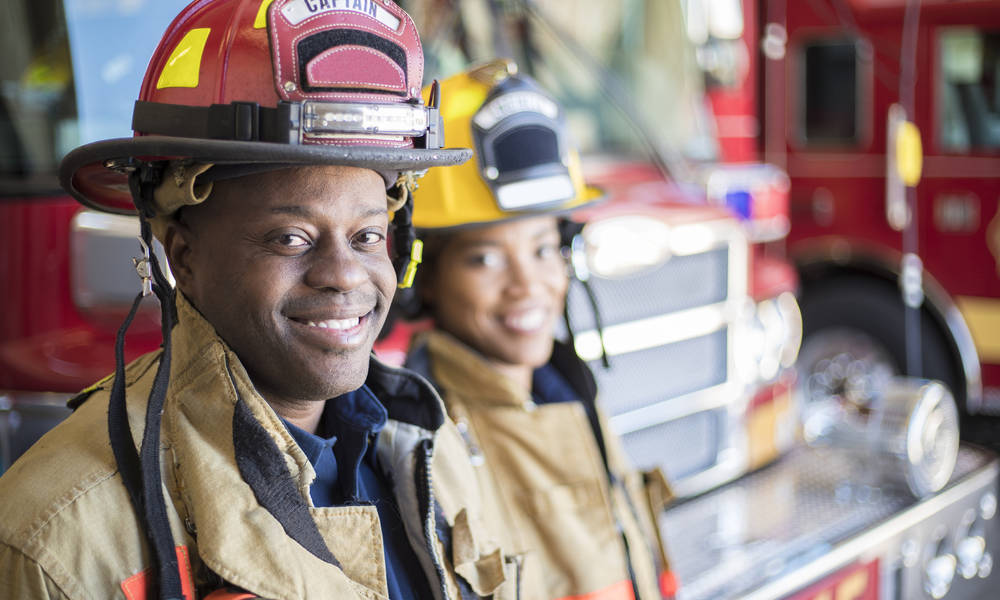
Minnesota Firefighter Groups Unite to Launch a Support System for Members
Firefighters face a higher prevalence of multiple health issues, and a new group addresses the “cowboy culture” that discourages talking about them.
In response to data showing that firefighters are disproportionately affected by a number of wellness issues, a group of Minnesota associations recently banded together to spread the word about the crisis and help guide members who might otherwise be hesitant to ask for assistance.
Launched last year, the Minnesota Firefighter Initiative (MFI) comprises the three main state firefighters groups, targeting three major health concerns for their collective members. One is cancer: Firefighters, according to one report [PDF], are more than twice as likely to develop testicular cancer than the general American population, and 1.5 times as likely to develop multiple myeloma and non-Hodgkin’s lymphoma. Second is heart disease, which the group says is “by far the leading cause of line-of-duty deaths in the fire service.” Third is mental illness, particularly depression, substance abuse, and PTSD.
We’re finally getting some research to show how bad is bad, and it turns out that it’s horrible.
George Esbensen, MFI president and fire chief of Eden Prairie, Minn., said that all three health concerns have been longstanding issues in the firefighter community, but the increasing emergence of hard data on the problems prompted the creation of the organization last year.
“We’re finally getting some research to show how bad is bad, and it turns out that it’s horrible,” he said. “Firefighters are being impacted by these things at twice the rate of the general population, and that’s not acceptable.”
MFI is a nonprofit in its own right, but it’s run entirely through volunteers from the state associations involved—Minnesota Professional Firefighters, the Minnesota State Fire Chiefs Association, and the Minnesota State Fire Department Association (MSFSA)—whose representatives make up its six-person board.
Those board members, including Esbensen, field phone calls to the helpline that MFI launched last fall. First responders tend to work in a culture that avoids conversations about illnesses for fear it implies weakness—a “cowboy culture,” as one former firefighter recently told Minnesota Public Radio. According to an MFI report [PDF], 93 percent of firefighters in the state are part-time, and as such, lack access to medical care specific to the profession’s concerns. So one of MFI’s first tasks was training 40 peer counselors who can help connect firefighters with doctors and other support options.
Firefighters are starting to reach out. “In the last 13 weeks, we’ve gotten about 20 calls for assistance, ranging from everything from peer counseling to people that needed more immediate interventions and immediate inpatient care,” Esbensen said. The next step is to get the word out: MFI is sending postcards to every fire department in the state letting each firefighter know about the service and the phone number of its 24/7 helpline (888-784-6634).
In the short term, Esbensen said, MFI wants to build awareness around its core issues, both within the firefighter community and with the public. In the longer term, though, he said “one of the measures of success is first getting our firefighter rates of cardiac, emotional trauma issues, and cancer down to be equal with the general population.”
(LPETTET/E+/Getty Images Plus)






Comments